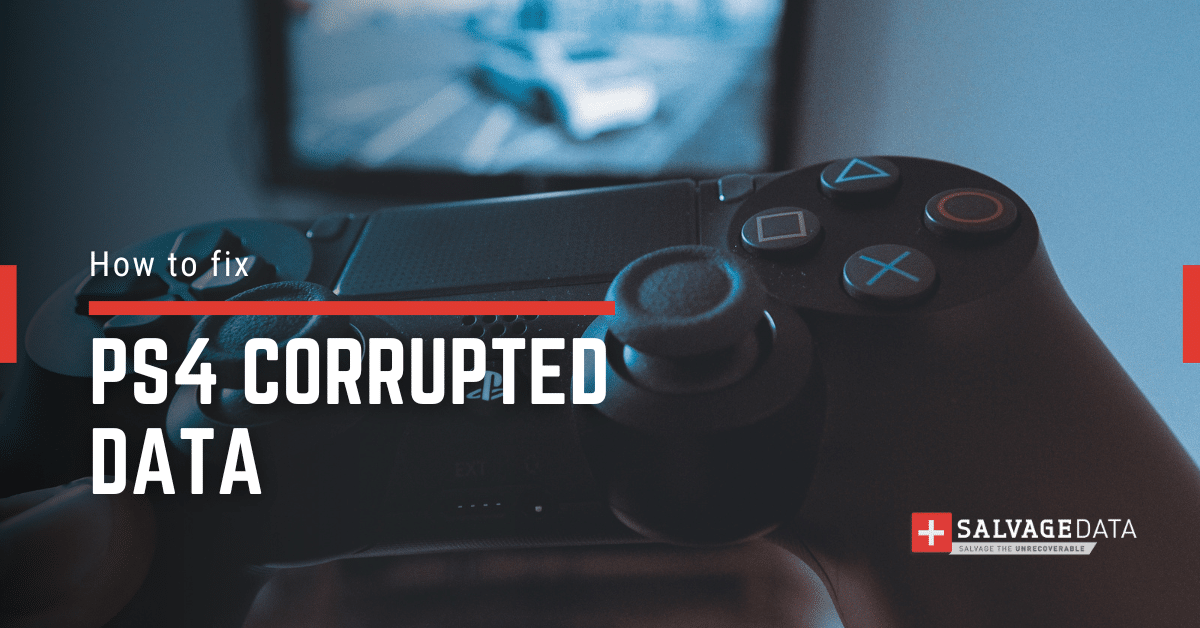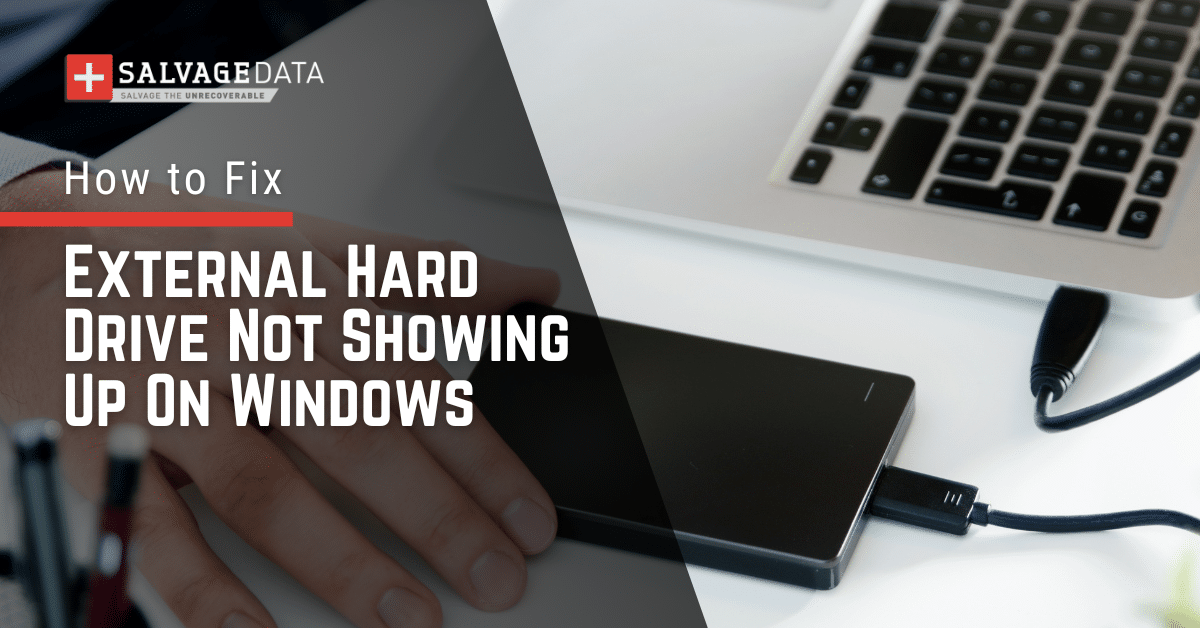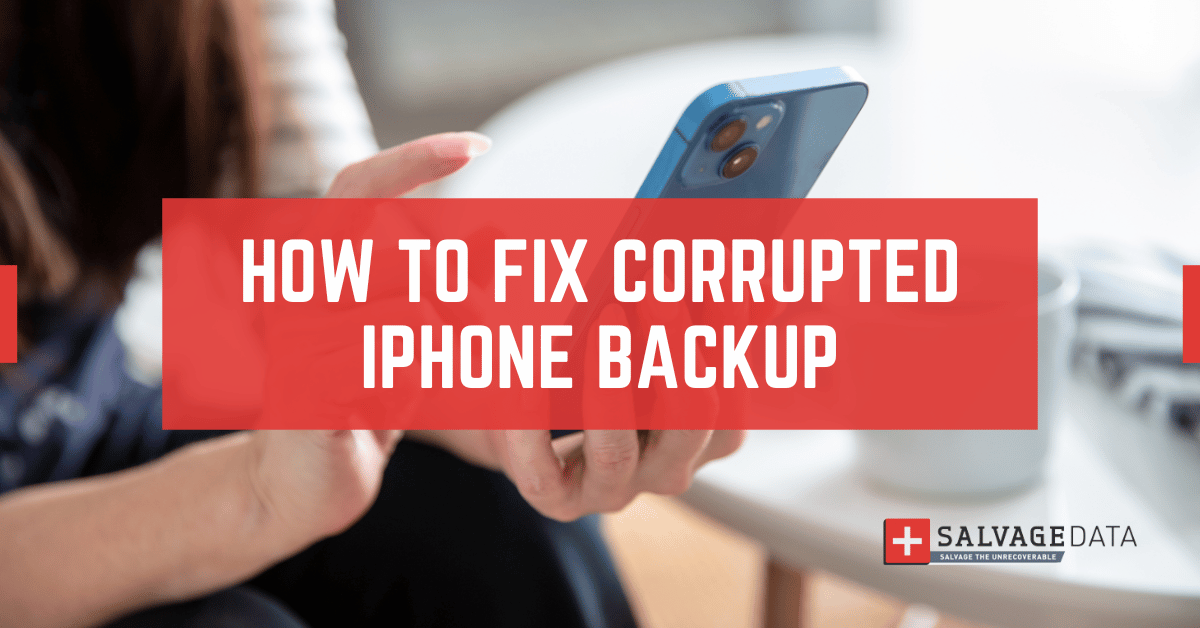Recent Articles
Quickest Mobile Data Recovery Case: 100% of Data Recovered in One Hour
How to fix a corrupted database on PS4
How to Troubleshoot Black or Blank Screens in Windows
LockBit Ransomware: A Comprehensive Guide to the Most Prolific Cyber Threat
How To Use iPad Recovery Mode
How to Prevent Overwriting Files: Best Practices
External Hard Drive Not Showing Up On Windows – Solved
How to Fix a Corrupted iPhone Backup
Backup and Remote Wiping Procedures
Common VMware Issues and Troubleshooting Solutions

I think there's an issue with my storage device, but I'm not sure Start a free evaluation →
I need help getting my data back right now Call now (800) 972-3282
What is EduCrypt Ransomware?
EduCrypt is a type of malicious software that encrypts your files and demands a ransom to decrypt them. Attackers spread this ransomware through email attachments and online advertisements. Once it has infected your computer, it will scan your hard drive for certain types of files, such as documents, photos, and videos. It will then encrypt these files using a strong encryption algorithm, making them inaccessible. The EduCrypt ransomware will then display a ransom note on your screen, demanding that you pay a certain amount to decrypt your files.
Protection
To protect yourself from EduCrypt ransomware, you should always be cautious when opening email attachments and clicking on links in online advertisements. Additionally, you should install a reputable anti-virus program and keep it up-to-date. This will help to protect your computer from all types of malware, including ransomware. Finally, you should always backup your important files so that you can recover them in the event of a ransomware attack.
History
EduCrypt was first discovered in June 2017. At that time, attackers spread this ransomware through email attachments and online advertisements.
In November 2017, a new version of EduCrypt ransomware was discovered. They spread this version through a website that pretended to be an Adobe Flash Player update.
What encryption methods does EduCrypt use?
The EduCrypt ransomware uses the AES-256 encryption algorithm to encrypt files. This algorithm is a strong encryption method that makes it very difficult to decrypt files without the encryption key.
How much is the ransom?
The EduCrypt ransomware demands a ransom of 0.5 Bitcoin, but they have been known to negotiate the ransom amount.
Should you pay the EduCrypt ransom?
There is no guarantee that you will get your files back even if you pay the ransom. There have been many reports of people who have paid the ransom but still did not receive their decryption key. Additionally, by paying the ransom, you are supporting the attackers and funding their future attacks.
How to remove EduCrypt ransomware?
To remove EduCrypt ransomware from your computer, you will need to use a reputable anti-malware program. This type of software is designed to scan your computer for all types of malware, including ransomware, and remove it.
Is there a public decryption tool for EduCrypt?
At this time, there is no public decryption tool available for EduCrypt ransomware.
However, you can try using a private decryption service. Security companies usually provide these services and they will attempt to decrypt your files for you.
What should you do?
There are currently no known ways to decrypt files encrypted by EduCrypt ransomware. This means that if attackers have infected you with this malware, you may never be able to access your files again. However, you can try using data recovery software to see if you can recover any of your encrypted files. We built SalvageData data recovery software to help you.
Additionally, you should always make sure to backup your files regularly so that you do not lose them in the event of a ransomware attack.
Contact a data recovery service
If you want to recover your files but do not want to pay the EduCrypt ransom, you can contact a data recovery service.
SalvageData is a data recovery company that specializes in recovering data from EduCrypt ransomware infections. We have a team of experts who are experienced in decrypting files encrypted by this malware. Contact us today to see if we can help you recover your files.













